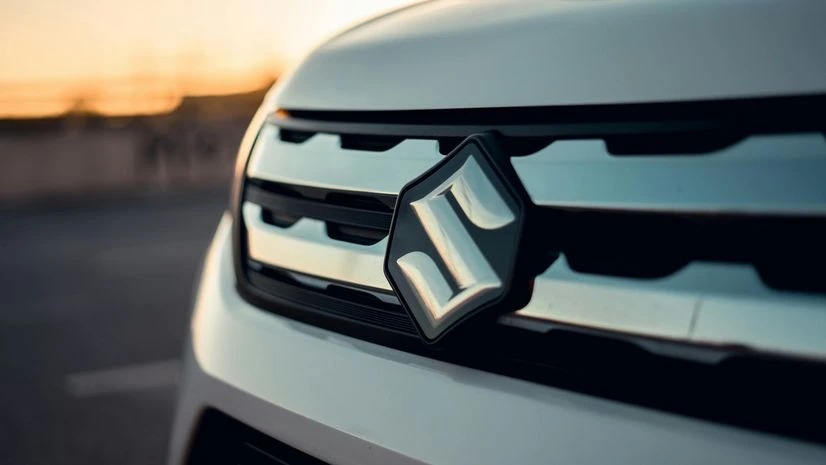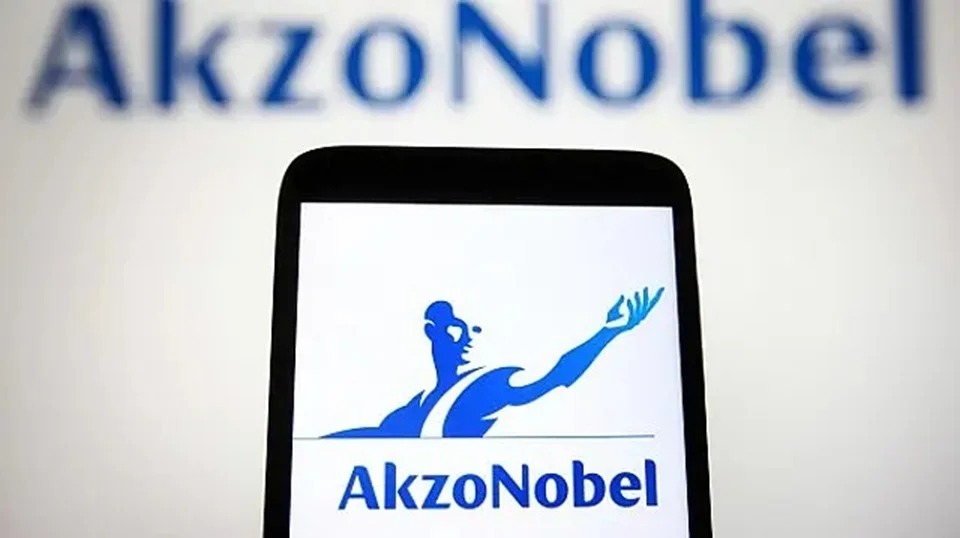 Image Source : Business Standard
Image Source : Business Standard
Maruti Suzuki Ltd, India’s largest carmaker, has outlined a cautious yet globally ambitious roadmap for its electric vehicle strategy, with Chairman R C Bhargava confirming that the timeline for launching the e-Vitara in the domestic market remains undecided. While the company has flagged off global exports of its first electric SUV from Gujarat, it remains hesitant to commit to large-scale EV deployment within India due to the high cost of battery imports. The company is instead leaning on hybrid vehicles as a lower-risk alternative, citing their smaller lithium-ion battery requirements and reduced import dependency.
Key Highlights From Chairman’s Remarks
• The domestic launch date for the e-Vitara remains undecided, despite its export rollout
• Maruti Suzuki plans to export between 50,000 to 100,000 EVs annually to over 100 countries
• Hybrids are seen as a safer bet due to smaller battery packs and lower import exposure
• The company is reluctant to commit to large domestic EV volumes until battery costs and supply chains stabilize
Export-First Strategy Gains Momentum
• Prime Minister Narendra Modi flagged off the global export of the e-Vitara from Maruti Suzuki’s Hansalpur plant in Gujarat on August 26, 2025
• The made-in-India electric SUV will be shipped to over 100 countries, including Japan and key European markets
• The e-Vitara is built on the 40PL platform co-developed with Toyota and features two battery options: 49kWh and 61kWh, with a range exceeding 500 km
• The Hansalpur facility is now positioned as Suzuki’s global EV manufacturing hub, supported by multimodal rail connectivity to Mundra port
Domestic Hesitation Rooted In Battery Economics
• Chairman Bhargava emphasized that the high cost of importing large lithium-ion batteries makes domestic EV scale-up financially challenging
• He noted that hybrids pose lower risk due to their smaller battery size, which reduces import dependence and cost volatility
• The company is awaiting further clarity on domestic battery manufacturing capacity and pricing before committing to mass-market EVs in India
• Despite the launch of the TDSG battery electrode plant in Gujarat, full-scale domestic cell production is still ramping up
Hybrid Vehicles As Transitional Solution
• Maruti Suzuki continues to invest in hybrid technologies, which offer fuel efficiency and partial electrification without full reliance on imported batteries
• The company believes hybrids can serve as a bridge until India’s EV battery ecosystem matures
• The newly inaugurated TDSG plant, a joint venture between Toshiba, Denso, and Suzuki, will localize over 80 percent of battery value chain components
• This development is expected to reduce costs and improve supply chain resilience for both hybrid and electric vehicles
Industry Context And Competitive Landscape
• Maruti Suzuki’s cautious domestic EV stance contrasts with aggressive rollouts by Tata Motors, Hyundai, and Mahindra
• The e-Vitara will compete globally with models like Hyundai Creta EV, MG ZS EV, and Mahindra BE6
• India’s EV policy continues to evolve, with incentives under the PLI scheme and FAME III expected to influence future decisions
• Suzuki Motor has committed Rs 70,000 crore investment in India over the next five years to support new model launches and capacity expansion
Conclusion
Maruti Suzuki’s electric vehicle strategy reflects a pragmatic balance between global ambition and domestic caution. While the e-Vitara is set to make waves internationally, the company is holding back on large-scale domestic deployment until battery economics and infrastructure align with its cost-efficiency model. In the interim, hybrids will play a central role in Maruti’s transition toward cleaner mobility, supported by growing local battery production and evolving policy frameworks.
Sources: IndiaTV News, The Hindu, Domain-B, MSN India, CNBC-TV18, Economic Times Auto.
Advertisement
Advertisement




